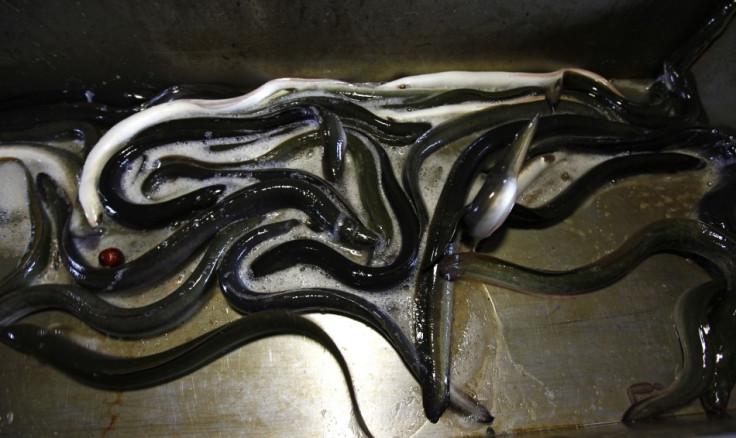Eel-Like Creature is Ancient Ancestor of Humans: Study

An eel-like creature has been found to be the ancient ancestor of humans, according to researchers.
Researchers from the University of Cambridge along with their counterparts from the University of Toronto have confirmed that 505 million-year-old fossils of the ancient creature found in the Burgess Shale fossil beds in Canada's Yoho National Park, is the ancestor of all vertebrates including humans, reported the Telegraph.
The researchers studied 114 specimens and found that the extinct Pikaia gracilens is the most primitive member of the chordate family, which includes fishes, reptiles, mammals and humans.
American paleontologist Charles Doolittle Walcott believed that the extinct Pikaia gracilens could possibly belong to a group that includes leeches and earthworms.
But now, scientists have found that Pikaia had a skeletal muscular tissue called myomores and a notochord found to be in the chordate family.
"The discovery of myomeres is the smoking gun that we have long been seeking," the Telegraph quoted Simon Conway Morris, lead author of the study, as saying.
"Now with myomeres, a nerve chord, a notochord and a vascular system all identified, this study clearly places Pikaia as the planet's most primitive chordate," he added.
The scientists said that Pikaia were 5cm long and had bodies that were divided into blocks of segmented muscles with a central chord running down most of the body length. They had very small head and likely swam above sea-floor moving their body side-to-side in curved shape.
The study has been published in the British scientific journal Biological Reviews.
© Copyright IBTimes 2025. All rights reserved.



















